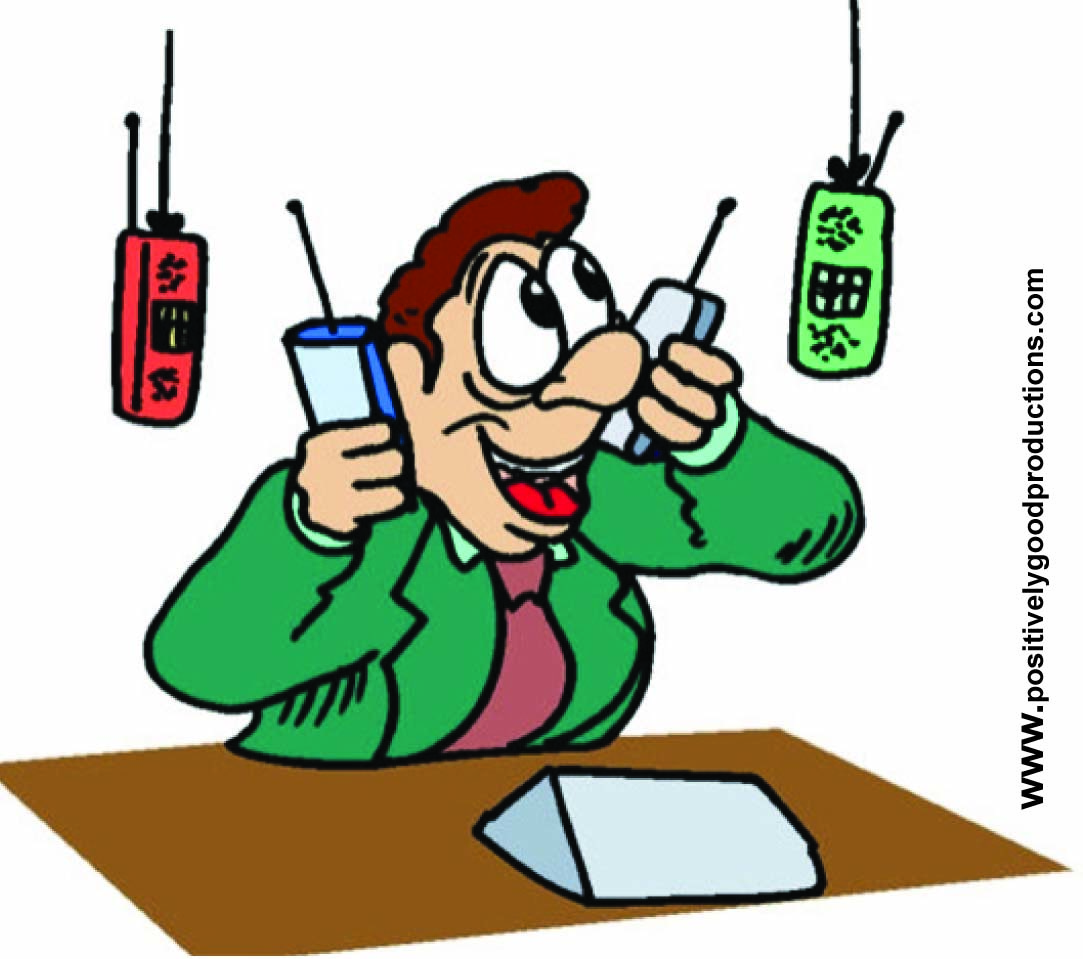Anti-cancer advocate Dr. David Servan-Schreiber leads 20 expert doctors to warn against possible dangers of prolonged cell phone use. The group says preliminary evidence from the Interphone study and others show a possible link between cell phone use and brain tumor occurrence.
The Interphone study (from year 2000 to 2006) is the largest to look into the link between radiofrequency radiation emitted by cell phones and brain tumors. The study followed up a huge number of brain tumors, including 2,600 gliomas, 2,300 meningiomas and 1,100 acoustic neurinomas.
Servan-Schreiber, a brain cancer survivor himself, is author of Anticancer: A New Way of Life.
In one section, Servan-Schreiber writes that prolonged cell phone use might lead to an increase incidence of brain tumors, especially on the side of the brain where the cell phone is usually held. The group’s advocacy on cell phone precautions have been likened to the fight against smoking and asbestos 50 years ago.

Other people, however, are more skeptical. There is nothing wrong with taking precautions, but “there is no conclusive evidence tying cell phone use to brain cancer,” said Dan Catena, a spokesman for the American Cancer Society.
Although there is heated debate on the initial results of the Interphone study, many notable experts (in addition to Servan-Schreiber’s group) have already endorsed precautions on cell phone use.
These experts include Dr. Sanjay Gupta, CNN medical correspondent and TIME columnist, Dr. Keigh Black of Cedars Sinai Medical Center in Los Angeles, and Elisabeth Cardis, head researcher of the 13-country European Interphone study.
The concern over cell phone use was heightened because the doctors’ group believes children and pregnant women may be at higher risk from the radiation. The child’s developing brain is most likely to be more sensitive to any possible effects of exposure.
Because of these concerns, Servan-Schreiber’s group came up with a list of 10 precautions on cell phone use. Last year, Dr. Ronald Herberman, director or University of Pittsburgh Cancer Institute, also issued a similar advisory to about 3,000 of faculty and staff about the possible health risks of cell phone use:
- Do not allow children under 12 to use cell phones, except in emergencies. The developing brain of a fetus or child is more sensitive to the possible effects of electromagnetic fields.
- When using the cell phone, keep the device as far away as possible to the body. It is better to use a headset, ear phones, or apply the speaker-phone mode.
- If possible, stand away from a person using a cell phone. You may be passively exposed to radiation from other people’s device.
- Avoid carrying your cell phone on you constantly. Do not place it under your pillow at night. Even on standby mode, it emits radiation.
- If you must carry your cell phone, make sure that the face (keypad) is positioned towards your body. Keep the back antenna side away from your body since this emits a stronger magnetic field.
- Limit your use to only a few minutes. It is better to use a landline with a cord, and not a cordless phone which also uses technology similar to cell phones.
- It’s better to text than to call. Texting keeps the cell phone farther away from your body.
- Switch sides regularly when you are talking to someone with your cell phone. Wait until the other person answers before placing the phone to your ear. Studies suggest that the side most commonly used by the person is more susceptible to tumor growth.
- Avoid using your cell phone when the signal is weak, such as in a moving vehicle. This will automatically increase the power of the cell phone as it tries to connect with a new transmission antenna.
- Choose a cell phone with the lowest possible specific absorption rate. The SAR measures the strength of the magnetic field absorbed by the body.
Although a lot of people disagree and debate the issue, there is no harm in following these common-sense precautions. More definitive data from the Interphone study will come out in the next few years.
“We do not need to ban this technology, but to adapt it – to harness it – so that it never becomes a major cause of illness,” the group noted.
In the meantime, parents should make sure their kids are not exposed to unnecessary risks. So the next time you engage in a long chat over the cell phone, remember these 10 precautions. Keep your conversation short, or use a landline. It is cheaper and probably safer. — First published in Tulay Fortnightly, Chinese-Filipino Digest 26, no. 4 (July 23-Aug. 5, 2013): 10.
